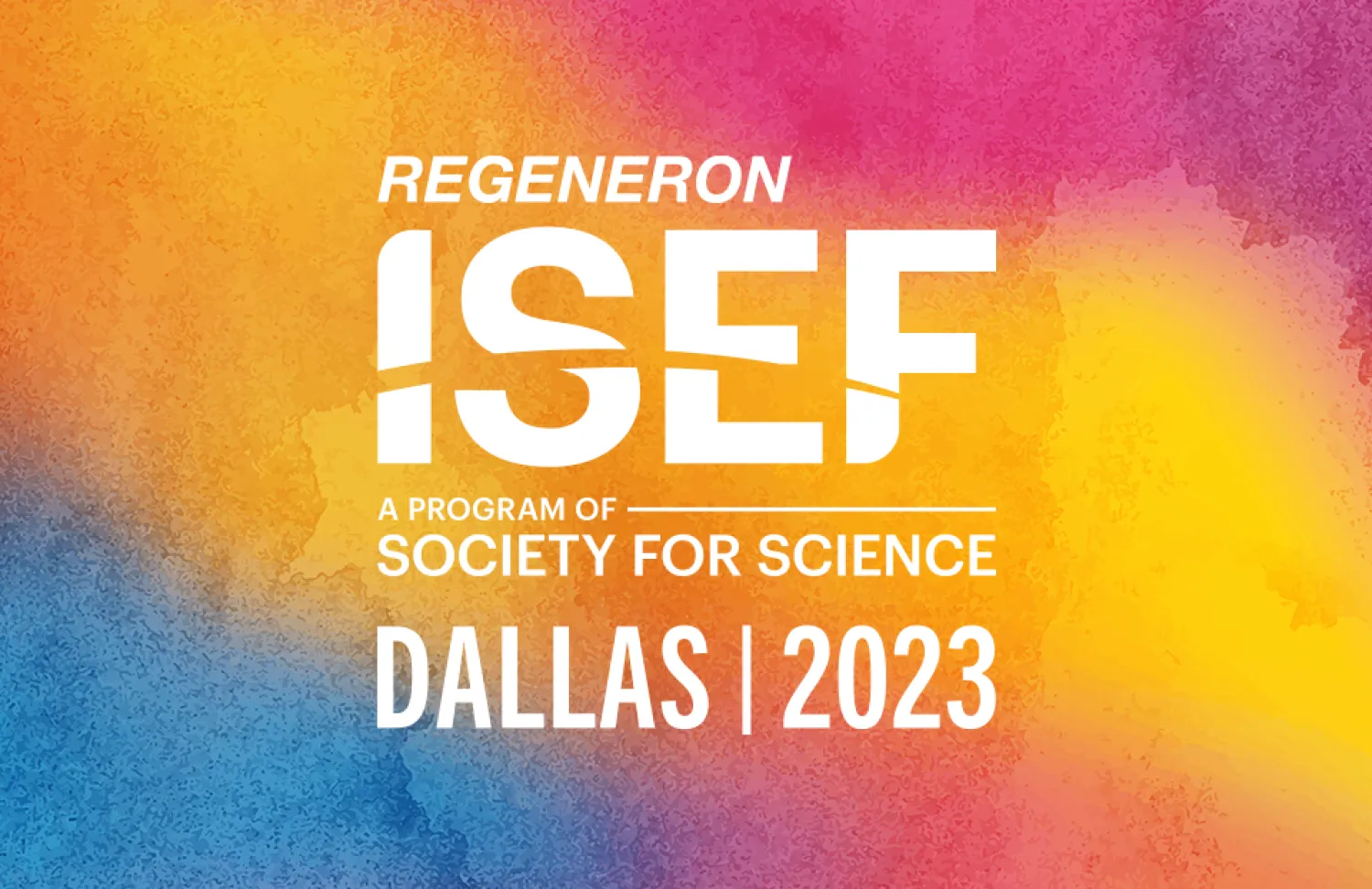Saudi Arabia, represented by the King Abdulaziz and his Companions Foundation for Giftedness and Creativity (Mawhiba), is participating in the Regeneron International Science and Engineering Fair (ISEF) 2023, held in Dallas in the US, between May 12 and 19, as a main sponsor, and will provide 18 special prizes for the best projects participating in various scientific fields.
In a statement to the Saudi Press Agency (SPA), Dr. Basil Al-Sadhan, the Deputy Secretary-General for Gifted Services at Mawhiba, said that the prizes include 12 scholarships at King Fahd University of Petroleum and Minerals, and six scholarships to attend the Mawhiba Universal Enrichment Program.
He also said that Mawhiba, since 2010, has been annually presenting special prizes for a number of participants in ISEF in various fields of interest to the Kingdom, which in the past 12 years, totaled 109 prizes for 139 students from 23 countries.
This year, Saudi students are competing with more than 1,700 students from over 70 countries for major and special prizes, with a team of 35 students from various educational departments within the Saudi National Team for Science and Engineering, who presented 35 scientific projects in areas of national priority.









